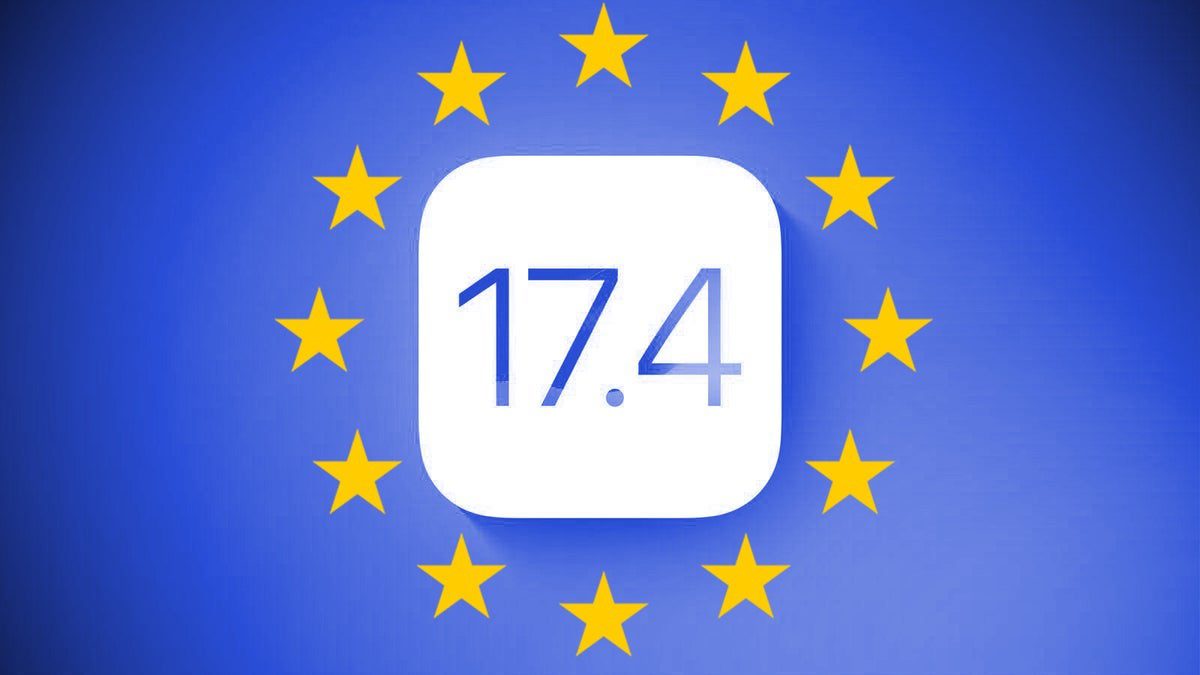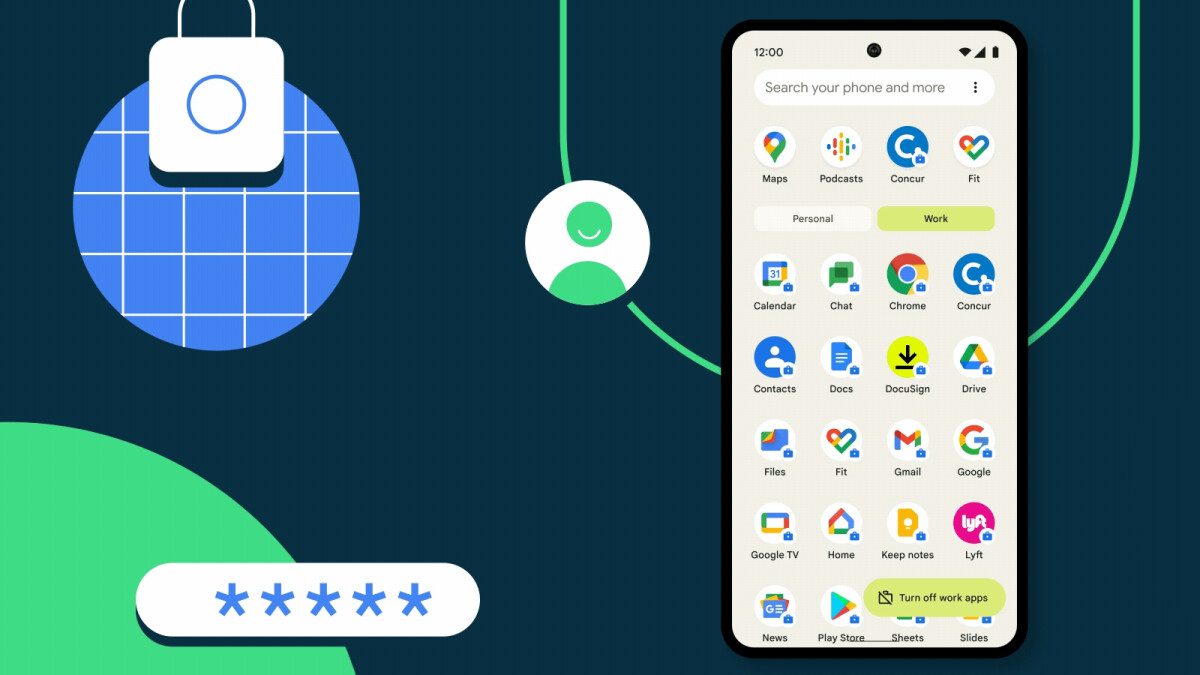Apple Removes Home Screen Web Apps on iOS in the EU Due to DMA Requirements
Apple has made a deliberate move to remove web apps from the iOS Home Screen in the European Union, following the requirements of the EU’s Digital Market Act (DMA). This decision has sparked curiosity among many, who initially thought it was a bug. Here’s what you need to know about this development:
– The EU’s DMA mandates that Apple allows users to select a browser that doesn’t use Apple’s WebKit browser engine for the first time. As a result, Apple had to remove the Home Screen web apps feature.
– According to Apple, Home Screen web apps on iOS are built on WebKit and align with the privacy and security model for native apps on iOS. This integration ensures that Home Screen web apps are managed in alignment with security and privacy standards for native iOS apps.
– The removal of Home Screen web apps is crucial for preventing malicious activities, such as unauthorized access to user data, unauthorized use of camera and microphone permissions, and installation of web apps without user consent or awareness.
– Addressing security and privacy concerns associated with alternative browser engines would require building an entirely new integration architecture that does not currently exist in iOS. Given this complexity and low user adoption of Home Screen web apps, Apple found it impractical to undertake such a task within the constraints of the DMA requirements.
– Despite this change, EU users will still be able to access websites directly from their Home Screen through bookmarks with minimal impact on functionality. Additionally, third-party browsers cannot have Home Screen web apps in compliance with DMA requirements, leading Safari support for these features to be removed as well.
The absence of Home Screen web apps was first noted with the release of iOS 17.4 beta 2 and will affect all iOS users in the 27 member EU states once iOS 17.4 is released in early March. Stay tuned for further updates on this development as it unfolds.












